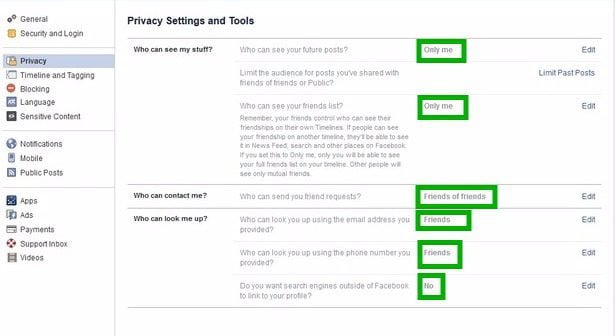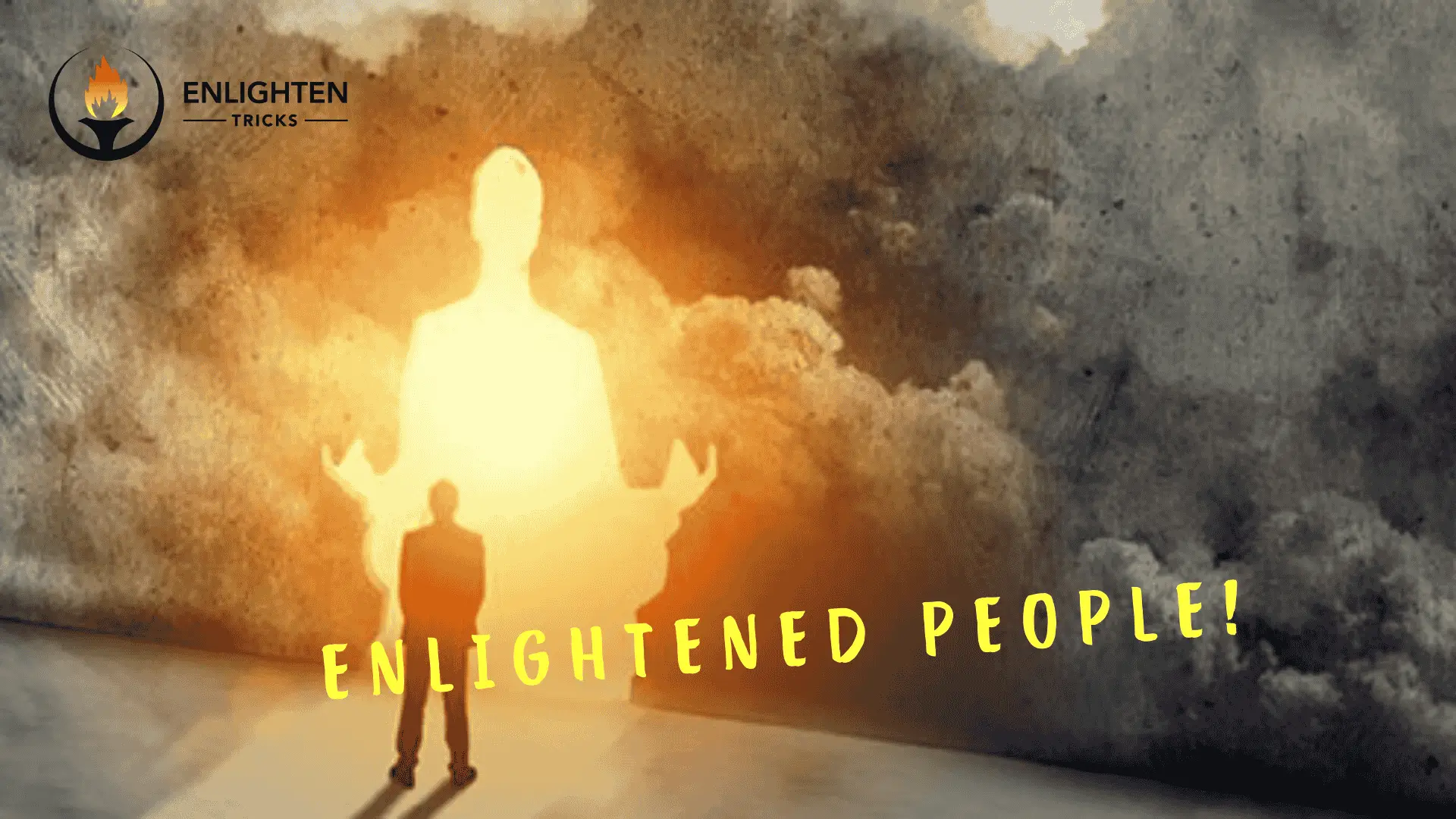Relationships are meant to be sources of support, love, and mutual growth. However, when they turn toxic, they can have profound, negative effects on your mental health. Recognizing the signs of a toxic relationship and understanding its impact on mental well-being is the first step towards healing and making informed decisions about your emotional environment. Here we will explore the signs of a toxic relationship, delve into how such relationships can affect your mental health, and offer guidance on navigating these challenging waters.
Let’s dive in!
Understanding Toxic Relationships
A toxic relationship is one where the dynamics are characterized by behaviors that are emotionally and, sometimes, physically damaging to one participant. While romantic partnerships might come to mind first, toxicity can also prevail in friendships, familial bonds, and professional relationships. The essence of toxicity lies in the pattern of behavior rather than a one-off incident, highlighting the importance of recognizing these patterns early on.
Constant Criticism and Belittlement
Frequent criticism and belittlement erode self-esteem and foster an environment of chronic stress. This consistent negativity leads to a decline in self-worth and can trigger or exacerbate depression and anxiety. The impact extends beyond the moments of criticism, seeping into the victim’s self-perception and worldview, often leaving them feeling unworthy and inadequate.
Control and Manipulation
Control and manipulation skew the balance of power in a relationship, with one person exerting dominance over the other’s decisions, behaviors, and personal freedoms. This dynamic fosters an environment of dependency, making it challenging for the victim to assert their needs or leave the relationship. Over time, this can lead to feelings of helplessness, a loss of autonomy, and serious mental health issues such as anxiety disorders and complex PTSD.
Lack of Support
Support is a cornerstone of any healthy relationship. In its absence, individuals often feel isolated and undervalued, which can be particularly damaging to their mental and emotional health. Without support, people may struggle to achieve personal goals or overcome challenges, leading to a decrease in self-efficacy and an increase in feelings of loneliness and despair.
Jealousy and Possessiveness
While jealousy is a natural emotion, excessive jealousy and possessiveness are signs of insecurity and mistrust. This behavior can lead to isolation, limiting the victim’s interactions with friends, family, and the outside world, which in turn can increase the risk of developing anxiety and depression. The constant monitoring and accusations can also contribute to a stressful and oppressive environment, significantly impacting the victim’s mental health.
Communication Breakdown
Effective communication is critical in resolving conflicts and building a healthy relationship. A breakdown in communication often signifies a deeper issue, such as a lack of respect or understanding. This breakdown can lead to unresolved conflicts, pent-up resentment, and a feeling of loneliness, even when in a relationship. Over time, this can contribute to a decline in mental health, manifesting as anxiety, depression, or stress-related disorders.
Emotional Neglect
Emotional neglect in a relationship occurs when one’s emotional needs are consistently ignored or minimized. This form of neglect can lead to feelings of loneliness, insignificance, and emotional abandonment, even when physically present with a partner. The absence of emotional support undermines the very foundation of trust and intimacy in a relationship, potentially leading to anxiety disorders and attachment issues. Individuals in such dynamics may struggle with expressing their emotions healthily, fearing further neglect or misunderstanding.
Financial Abuse
Financial abuse is a less discussed but equally damaging aspect of toxic relationships. It involves controlling a person’s ability to acquire, use, and maintain financial resources. Victims may find themselves cut off from their finances, or their spending may be closely monitored and restricted, leaving them financially dependent on their abuser. This control significantly impacts the victim’s sense of autonomy and self-worth and can lead to long-term financial instability and mental health issues such as depression and stress.
Constant Threats or Intimidation
In some toxic relationships, one partner may use threats or intimidation to exert control or instill fear. This behavior can range from threats of self-harm, violence, or ending the relationship to subtler forms of intimidation meant to manipulate and coerce. Living under constant threat destabilizes one’s sense of safety and security, leading to a heightened state of anxiety, stress, and in severe cases, PTSD.
Physical or Sexual Abuse
While this is an extreme form of toxicity, it’s vital to acknowledge that physical and sexual abuse occur in some relationships, profoundly affecting mental health. The impact of this abuse is devastating, with survivors experiencing a wide range of emotional and psychological issues, including depression, anxiety, PTSD, and complex PTSD. The trauma from such abuse can affect all areas of a person’s life, making it challenging to trust others and form healthy relationships in the future.
Gaslighting
Gaslighting is a manipulative tactic used to make someone question their reality, memory, or perceptions. It’s a form of psychological manipulation that can lead to significant confusion, self-doubt, and anxiety. Victims of gaslighting often feel like they’re “going crazy” and may become overly dependent on the abuser for their version of reality. This erosion of self-trust can lead to long-term psychological issues, including major depressive disorder and anxiety disorders.
The Impact on Mental Health
Expanding on the impact of toxic relationships on mental health, it’s essential to delve deeper into the psychological ramifications and their implications. Toxic relationships, characterized by patterns of abuse, neglect, and manipulation, can have devastating effects on an individual’s mental well-being.
Anxiety and Depression
Toxic relationships often create an environment of constant worry, uncertainty, and negativity, leading to heightened levels of anxiety. The persistent stress and emotional turmoil can trigger episodes of depression, characterized by feelings of sadness, hopelessness, and a lack of interest in life. The cyclical nature of toxic relationships—periods of intense conflict followed by reconciliation—can exacerbate these conditions, making it difficult for individuals to recover and maintain their mental health. The psychological toll of navigating such dynamics can lead to chronic anxiety and depression, requiring professional intervention to heal.
Low Self-Esteem
Regular exposure to criticism, belittlement, and the sense of being perpetually undervalued can severely impact an individual’s self-esteem. In a toxic relationship, one’s achievements, desires, and even personality can be under constant scrutiny, leading to self-doubt and a diminished sense of self-worth. This erosion of self-esteem affects not only how individuals view themselves but also how they interact with the world around them. Low self-esteem can limit personal growth, hinder professional development, and reduce the capacity to form healthy relationships, creating a pervasive sense of inadequacy that can take years to overcome.
Chronic Stress
The ongoing tension and conflict inherent in toxic relationships place individuals in a state of continuous stress. This chronic stress response can lead to a myriad of physical health issues, including hypertension, digestive problems, and a weakened immune system. Moreover, the psychological strain of living in a constant state of alertness for the next conflict or abuse episode can lead to stress-related disorders such as insomnia, anxiety disorders, and depression. The body’s stress response, designed to handle short-term threats, becomes maladaptive when activated over long periods, leading to significant health deterioration.
Isolation
Toxic relationships often involve elements of control, jealousy, and possessiveness that can isolate individuals from their support networks. This isolation is a tactic used by abusive partners to gain more control and prevent their victims from seeking help or external perspectives. The resultant loneliness and disconnection from social support can exacerbate feelings of helplessness and despair, making it more challenging for individuals to leave the toxic environment. Isolation significantly impacts mental health, increasing the risk of developing anxiety and depressive disorders, and can lead to a sense of alienation and disconnection from society.
Post-Traumatic Stress Disorder (PTSD)
In cases of toxic relationships that involve emotional or physical abuse, individuals may develop Post-Traumatic Stress Disorder (PTSD). PTSD is a severe psychological condition that can occur after experiencing or witnessing traumatic events. Symptoms may include flashbacks, severe anxiety, uncontrollable thoughts about the abuse, and nightmares. The trauma experienced in toxic relationships can lead to a heightened state of fear and hypervigilance, significantly impairing an individual’s ability to function in daily life. Moreover, the complex trauma from prolonged exposure to an abusive environment can result in Complex PTSD (C-PTSD), characterized by additional symptoms such as difficulties in regulating emotions, a persistent sense of guilt or shame, and difficulties in forming healthy relationships.
Moving Forward
Navigating the path out of a toxic relationship and moving toward recovery is a journey marked by introspection, healing, and growth. It’s a process that not only involves distancing oneself from harmful influences but also embracing practices and relationships that foster well-being and personal development. Here’s a deeper look into the steps involved in moving forward after experiencing a toxic relationship:
Navigating Out of Toxicity
Recognizing the Signs: The journey begins with the recognition of the toxic patterns and behaviors that have been affecting your life. This awareness is crucial as it lays the foundation for change, empowering you to make informed decisions about your relationships.
Seeking Support: Leaving a toxic relationship is often daunting, and the fear of loneliness or retaliation can be paralyzing. Reaching out to friends, family, or a support group can provide you with the emotional backing and encouragement needed to take the first steps. These support systems act as a buffer against the isolation often experienced within toxic dynamics and remind you of your worth and the possibility of healthier relationships.
Acknowledging the Need for Change: Understanding that the situation is not conducive to your well-being and that you deserve better is vital. This realization can be the catalyst for seeking change, prompting you to take actionable steps toward leaving the toxic environment.
Seeking Professional Help
Therapeutic Support: Engaging with a therapist or counselor can be transformative. Mental health professionals can offer a safe space to process your experiences, feelings, and traumas. Therapy can help you understand the impact of the toxic relationship on your mental health, unravel the dynamics that kept you in the relationship, and build strategies for moving forward.
Developing Coping Strategies: Professionals can equip you with coping mechanisms to deal with the emotional and psychological aftermath of the relationship. These strategies are tailored to your individual needs, helping you manage anxiety, depression, and any feelings of worthlessness or guilt.
Building a Support Network
Re-establishing Connections: Toxic relationships often lead to isolation from your support network. Rebuilding these connections can be a powerful step in your recovery. Engaging with friends and family not only provides emotional support but also helps restore a sense of normalcy and belonging.
Finding Community: Support groups, either in-person or online, can connect you with individuals who have gone through similar experiences. These communities offer understanding, validation, and shared wisdom, which can be incredibly healing.
Self-Care and Personal Growth
Prioritizing Self-Care: Self-care is an essential component of healing. It involves nurturing your physical, emotional, and mental health through activities that bring you joy and relaxation. Whether it’s through exercise, meditation, reading, or pursuing a hobby, these practices can significantly impact your well-being.
Setting Boundaries: Learning to set healthy boundaries is a critical skill post-toxic relationship. Boundaries help protect your emotional well-being by clearly defining what is and isn’t acceptable in your interactions with others. This process includes saying no, asking for space, and communicating your needs openly.
Personal Development: Focusing on personal growth involves exploring your interests, goals, and values outside of the relationship. It’s about rediscovering who you are and what you want from life. This journey can lead to increased self-esteem, confidence, and a clearer sense of direction.
Embracing Change: Moving forward requires embracing change, not just in your external circumstances but also within yourself. It’s about growing from your experiences, learning to trust again, and opening yourself up to new, healthy relationships.
Conclusion
Understanding the signs of a toxic relationship and its impact on mental health is crucial for anyone navigating these challenging dynamics. By acknowledging the signs and taking steps toward healing, individuals can reclaim their mental health and well-being. Remember, you are not alone, and support is available to help you through this process. Prioritizing your mental health and seeking a path toward healing and recovery is not only a brave choice but a necessary one for your overall well-being.








